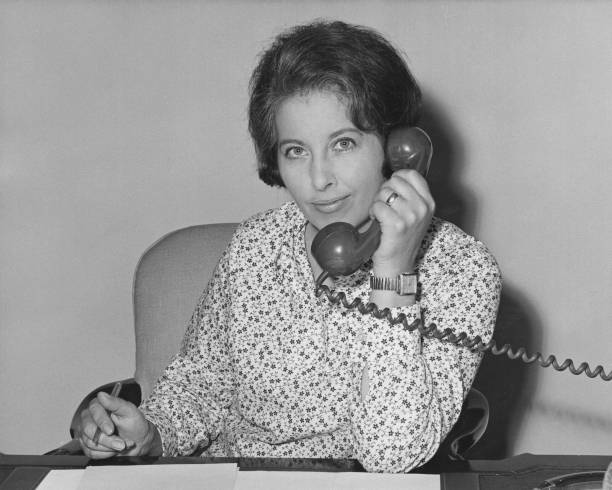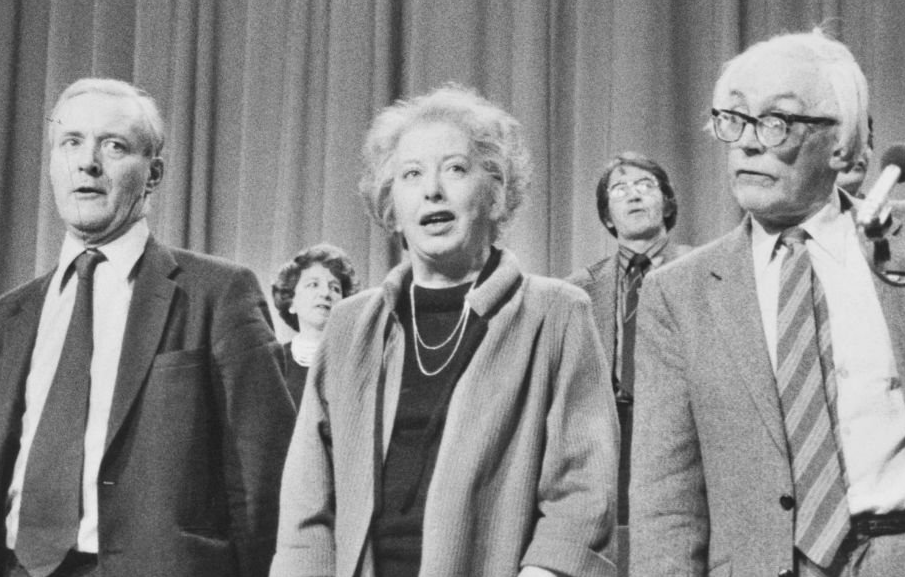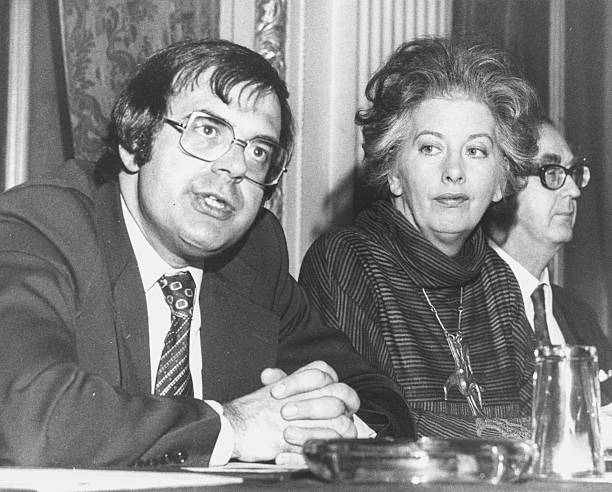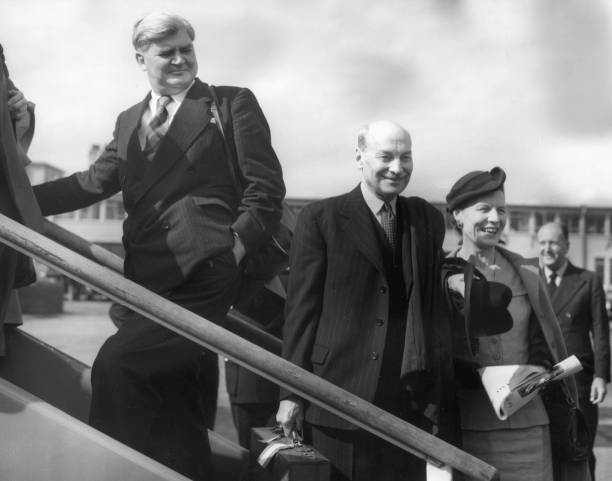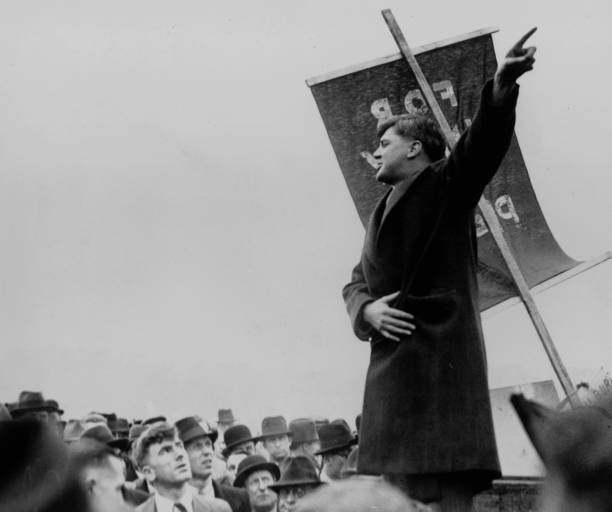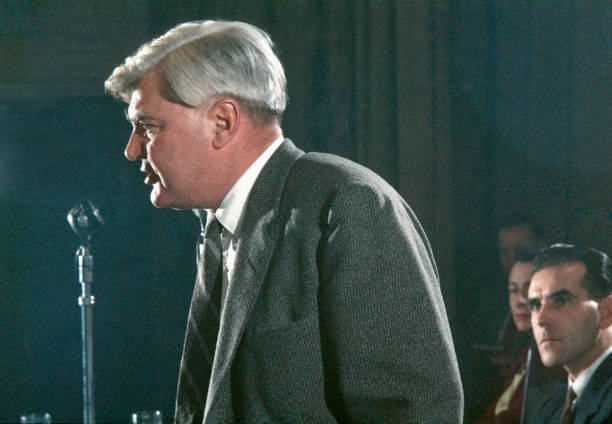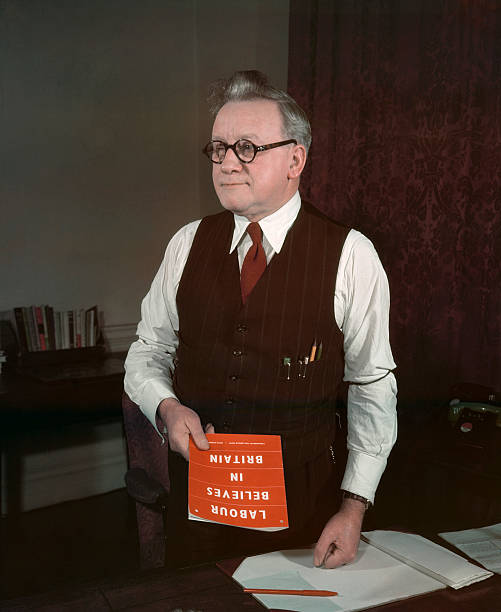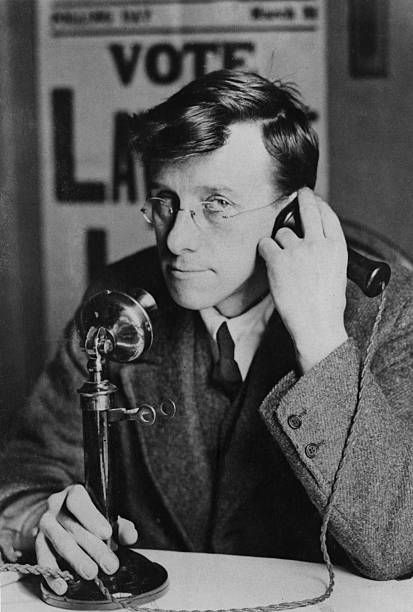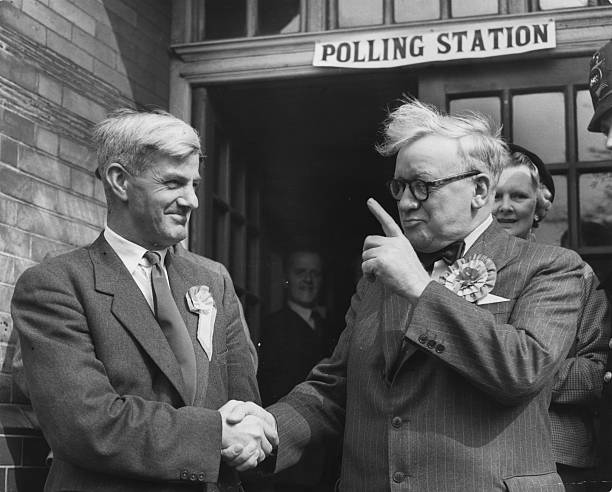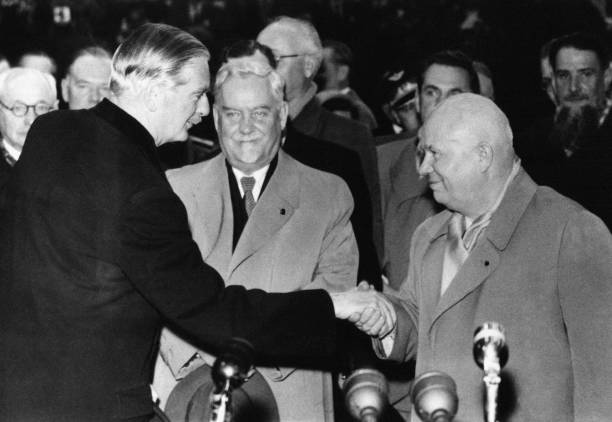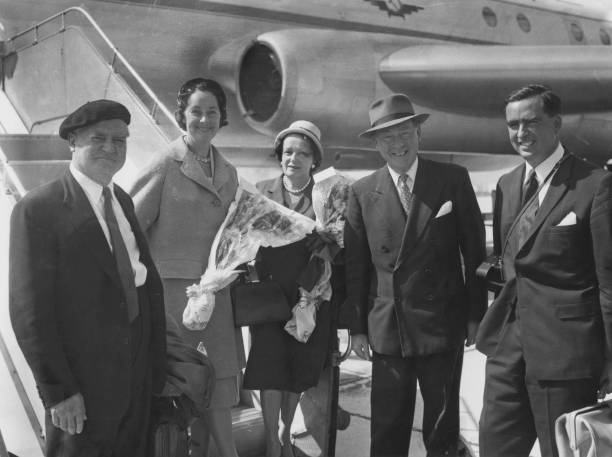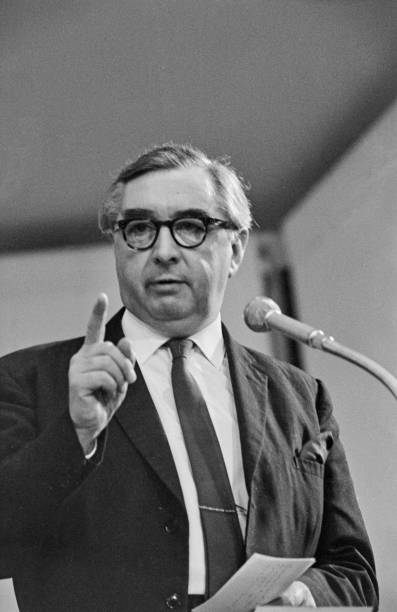In 1980, during the leadership of Jim Callaghan, 71% of delegates at Labour Party conference voted in favour of leaving the EEC. 
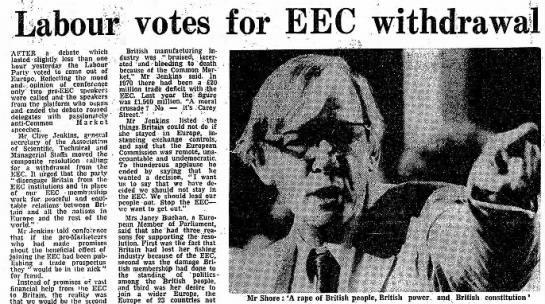
The left-wing union leader Clive Jenkins complained that EEC membership meant British taxpayers were subsidising 'fat cows' in Germany.
'In future, all harvest festivals will be held in hangers at Heathrow', he joked.
'In future, all harvest festivals will be held in hangers at Heathrow', he joked.
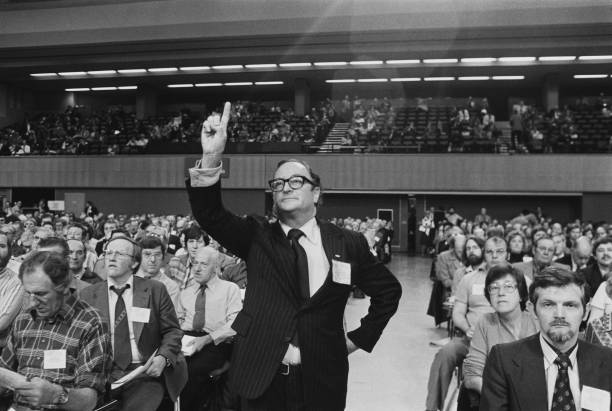
British industry, Clive Jenkins argued, was 'bruised, lacerated, and bleeding to death because of the Common Market’.
To 'thunderous applause' from the Labour delegates, Jenkins exclaimed, 'Stop the EEC! We want to get out!'.
To 'thunderous applause' from the Labour delegates, Jenkins exclaimed, 'Stop the EEC! We want to get out!'.
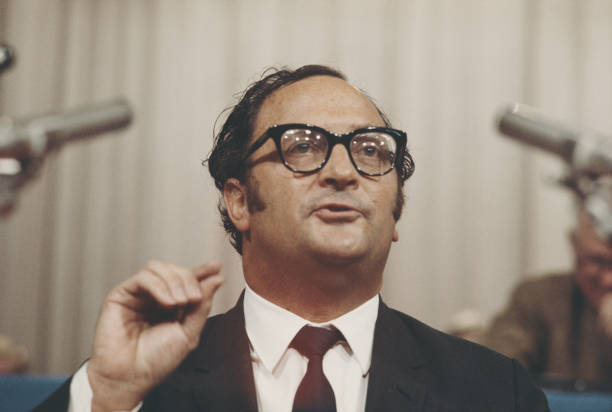
Labour's Shadow Foreign Secretary Peter Shore used even more vivid language. Shore said EEC membership constituted, ‘A rape of the British people and British power and the constitution’ and was incompatible with socialism.
He accused the europhiles of being 'giddy'.
He accused the europhiles of being 'giddy'.
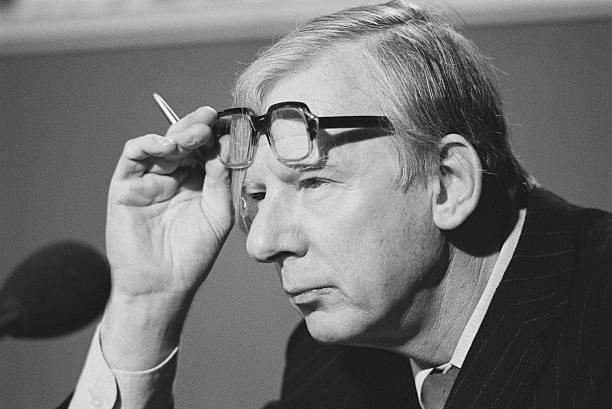
David Owen, the former Foreign Secretary, was just 1 of 2 speakers who tried to make the case for remaining in the EEC, but he was met with 'hisses and boos' by Labour conference delegates, requiring the chair to shush them.
Within a few months, he would quit the Labour Party.
Within a few months, he would quit the Labour Party.
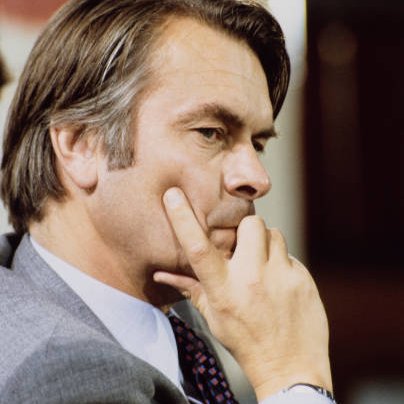
• • •
Missing some Tweet in this thread? You can try to
force a refresh


